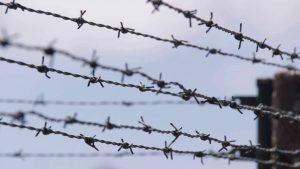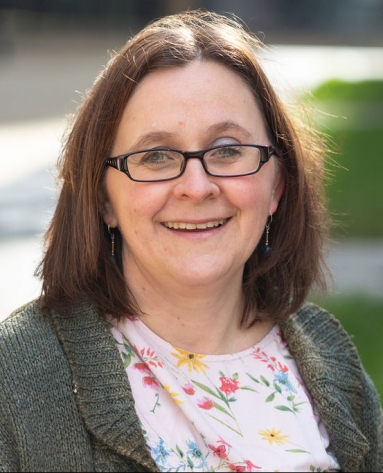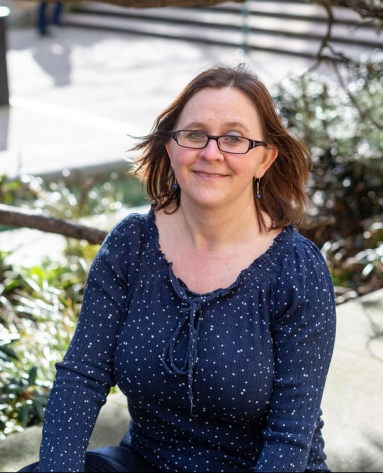Writing the wrongs
In September this year, I’m starting a new creative writing project amongst refugees and asylum seekers in Sheffield. This project called Inspire: Creative Writing workshops is being held in partnership with the Refugee Council and with the support of Storying Sheffield.
Why creative writing? Surely – you may ask – there are more immediate needs facing asylum seekers when arriving in the UK, and in one sense you would be right. The thing is that alongside needing security, medical facilities, education and legal advice, one of the things that those escaping the trauma of war or persecution need is the opportunity to express the pain of what they have gone through and for others to hear and understand. Creative writing is one way of releasing both emotional and psychological healing. The end result of the 10-week course will be an anthology of the participants’ best work – something tangible that will validate the experiences that they have gone through and affirm who they are in an inhospitable context.
My own interest in refugees began about 20 years ago. I had just finished my first year at university and spent three weeks volunteering at a Red Cross centre in Belgium. It was my first experience of travelling alone and it was a positive, life-affirming experience. Our group of volunteers were from a range of different nations including Spain, Germany and France, and our first job was painting a ‘jungle gym’ for children at the Red Cross Centre. At that time, the majority of refugees were from Eastern Europe – from places like Albania, Bosnia and Serbia as a result of the fall-out from the Yugoslav wars.
Seven years ago, whilst I was on maternity leave with my first child, I volunteered as a befriender with the Refugee Council in Sheffield and was allocated two middle aged Somali women. Taking Joel and a few of his toys along with me, I tried to teach the women some basic English vocabulary. Both being illiterate, this was not as simple a task as you might think; even just forming the letters was a challenge and there was little obvious progression from week to week. Nevertheless, they were warm and responsive and enjoyed my visits.
A few months ago, I was surprised when one of these same women turned up at a Conversation Club for women run by our church. She remembered me, but I didn’t remember her until she explained in her still basic English the context (baby and Indian husband being the memory trigger)! Many of the women who attend our Conversation Club are refugees (we’ve had refugees from Syria, Pakistan, Eritrea and Yemen) and we’ve also started a project called Welcome Boxes, which involves befriending asylum seekers upon entry into the country.
My own experience of the challenges of the immigration system has also played a huge part in the empathy I feel for refugees. In 2008, Blessan and I married in India, and Blessan moved to Cambodia to be with me for a year as I was working out a two-year teaching contract at a Christian international school in Phnom Penh. In April 2009, we applied for a spouse visa for Blessan to enter the UK and were shocked when only two weeks later we received a long rejection letter from the British Embassy in Thailand. Essentially the reasons came down to their suspicion of the validity of our marriage and us not having much money. Naivety had led to me thinking that the process would be simple as I am a qualified English teacher and was sure I’d be able to get work on return to the UK.
Rather than reapply and spend more money, we decided to go for an appeal. This process was long and drawn out, however, and in early September I headed back to the UK already nine weeks pregnant, leaving Blessan in India, where I applied for supply teaching work. I went to visit two lawyers in the UK (one using legal aid, which I was at that time entitled to) and both were negative regarding the possibility of a positive outcome. It could have been a really depressing season but both Blessan and I have a strong faith in God, and this carried us through this challenging time.
In the end, my Dad acted as a representative for our case as we had no lawyer. We gathered together as much evidence as we could, trawling through emails and social media messages to show the authenticity of our marriage. Thankfully, the result was a positive one with Blessan’s case being heard in the Immigration Tribunal in January 2010 and the judge being overwhelmingly in support of our appeal. Nevertheless, the way that we were treated almost as criminal by the very country in which I was raised, has given me a huge sympathy for the far worse struggles of asylum seekers in this country, battling a frequently hostile and impersonal system.



